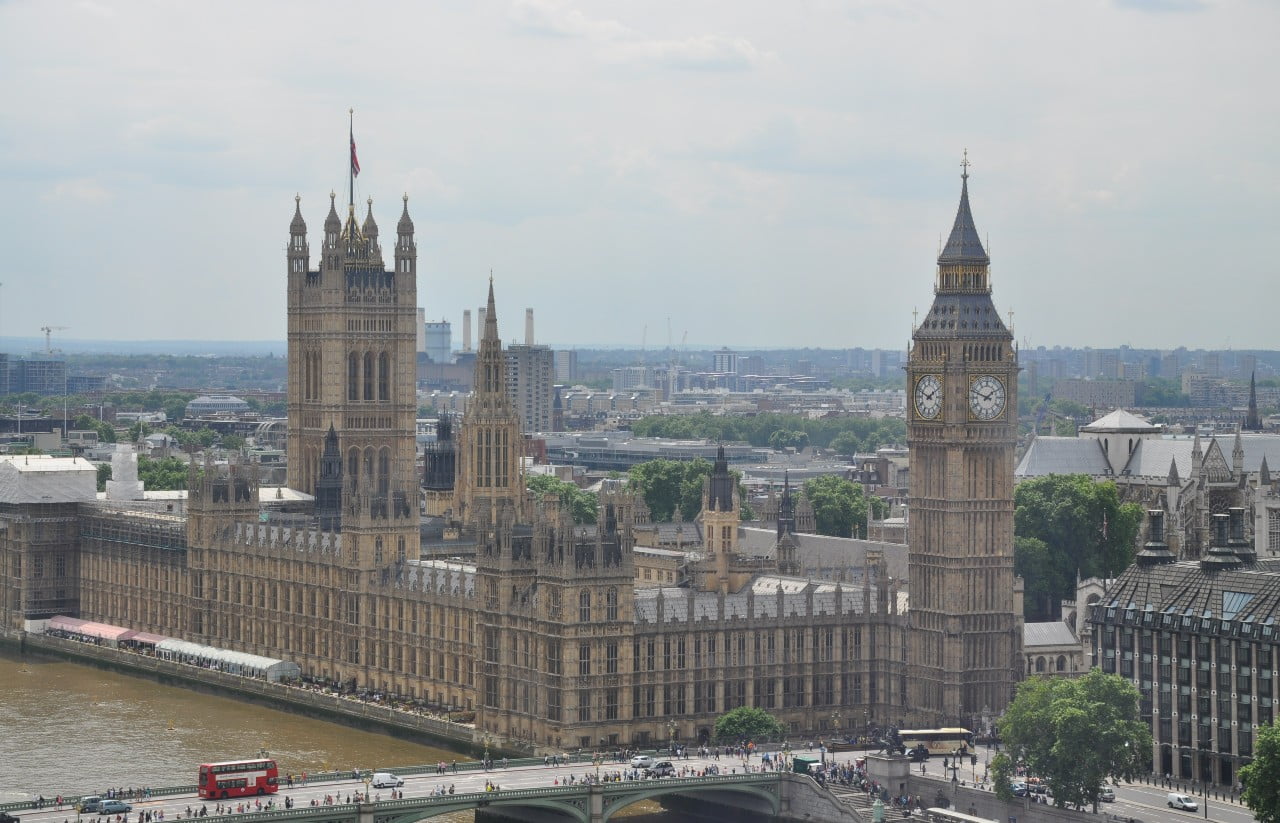It’s fair to say that this Budget threw up no great surprises as there was limited scope for any sizeable changes to tax, spending or borrowing. With the spectre of Kwarteng and Truss’ dual legacy still in the air, coupled with it being an election year, the Chancellor simply couldn’t risk being seen as fiscally irresponsible. He had to tread a fine line of giving away something to appease the right in his own party but without spooking the markets. I don’t think he could have feasibly done much more as unfunded and grandiose tax cuts were – thankfully – off the table.
By choosing the cheaper – and some might say less headline grabbing – option of cutting national insurance by a further 2% rather than slashing income tax, the Chancellor has professed to putting more money in the coffers of millions of working people. The changes should mean that someone who earns £30,000 a year will be around £58 “better off” a month when the national insurance cuts that were announced in the Autumn Statement are factored in. However, when you look at it in the round, it will have little impact as we are all still facing the highest tax burden in recent memory – as he didn’t take the opportunity to increase the personal allowance or tax thresholds – and therefore the effect of fiscal drag will likely outstrip the NIC saving for many.
Cutting income tax would have been significantly more expensive as it benefits both workers and pensioners. The announced cut of 2% in employee NIC will cost about £10 billion a year, whilst a 2p cut in income tax would have cost £13.7 billion a year. I also had concerns that if he did capitulate to the right – and had cut income tax or announced a raft of short-termism, vote grabbing measures – there might have well have been inflationary consequences, so I think he’s made the right call, especially as the government is so constrained by the highest public sector debt levels since the 1960’s, low public spending, weak economic growth and overall tax levels that are beyond the highest level as a share of GDP, since World War II.
The Chancellor has helped some families by way of a long-overdue reform of the high-income child benefit charge tax trap, largely seen as unfair by many – although he decided to shift the issue further up the earnings ladder for the time being, rather than choosing to get rid of it altogether – so this will please some, but not all.
The increase in the VAT registration threshold from £85,000 to £90,000 was long overdue – and anything that acts as a barrier to growth should be addressed. The news will cut taxes for some small businesses in the North West and right across the UK – however, he could have been braver and increased the threshold even further – or alternatively he might have considered a more dramatic reform to the VAT registration rules, as has been called for by some well-respected tax commentators.
There is a fear that the decision to abolish the current ‘non-dom’ status to fund tax cuts for working families could have led to a decline in investment in the UK, as those affected may be more inclined to move to other locations. The abolition of the concept of “domicile” and the introduction of a new residency-based system sounds like a sensible solution – although as ever the devil will be in the detail as to how this will work in practice for those looking to come to the UK – and whether it will have the unintended impact of making taxpaying individuals leave the UK for other shores.
Other tax changes included the scrapping of the furnished holiday let regime – so a tax rise for those who currently benefit from it, and a modest reduction in CGT for higher rate taxpayers where they sell residential property – the rate dropping from 28% to 24%.
In terms of stamp duty, we saw the Chancellor abolish multiple dwellings relief. This was not necessarily the stamp duty change that many in the property sector were hoping for.
This Budget was largely aimed at workers, and it was interesting that there was no real mention of anything for pensioners. Perhaps he is hoping the triple lock guarantee will be enough to win that vote. In reality, the Budget was always going to be about the election – and making sure nothing was done to rock the country’s current fragile economy.
All in all, he may have achieved that and hopefully the markets will be reassured. I’m sure the Chancellor is now hoping that he has persuaded some voters that the Conservative party isn’t economically, and politically, dead in the water. That will of course, remain to be seen. It will now be interesting to see when the Prime Minister calls for a general election, and whether there will be enough time for the Chancellor to try to win a few more votes with another fiscal event before that.





